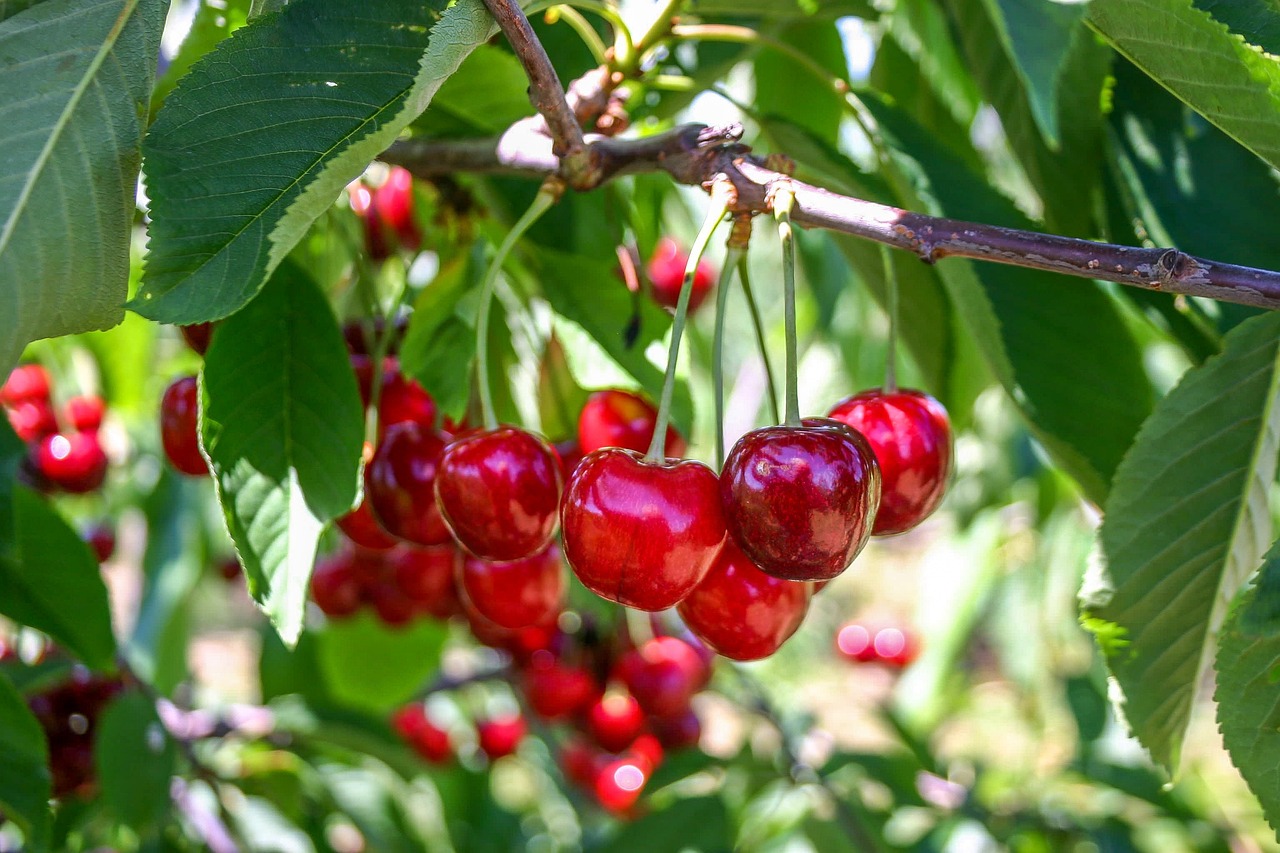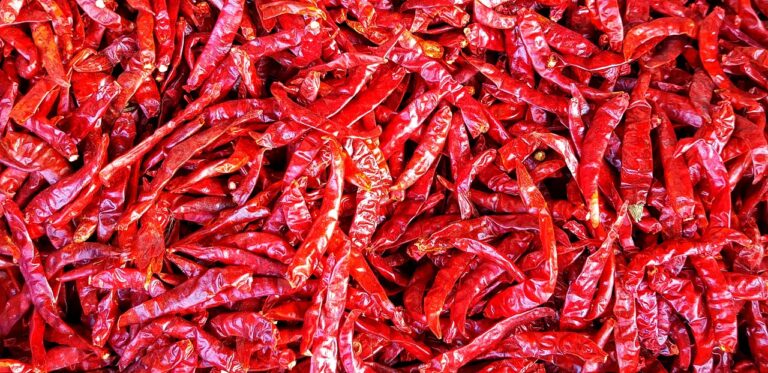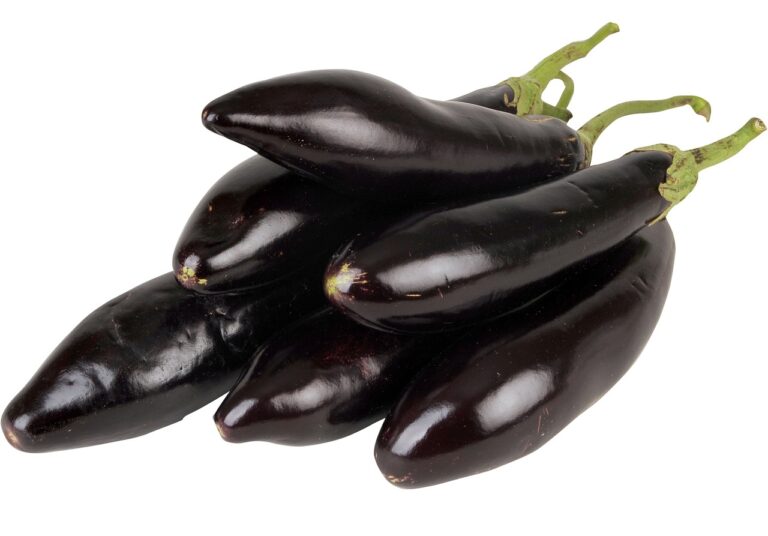The Impact of Beekeeping on Local Economies: World777, 11xplay pro, Betbook247 app login
world777, 11xplay pro, betbook247 app login: Beekeeping is not only a rewarding hobby but also a valuable business that can have a significant impact on local economies. As beekeepers tend to their hives and harvest honey, they contribute to the local community in various ways. From providing jobs to producing honey and beeswax products for sale, beekeeping can bring economic benefits to both rural and urban areas.
Let’s delve into the ways in which beekeeping can influence local economies and why it is a practice worth supporting:
Supporting Agriculture
One of the primary ways in which beekeeping impacts local economies is through supporting agriculture. Bees play a crucial role in pollinating crops, fruits, and vegetables. Without bees, many plants would not be able to reproduce, leading to lower crop yields and decreased food production. By keeping beehives near farms, beekeepers help ensure that crops are adequately pollinated, leading to higher yields and more abundant harvests. This, in turn, can boost the local agricultural economy and benefit farmers and consumers alike.
Creating Jobs
Beekeeping can also create job opportunities within the local community. Beekeepers need assistance with various tasks such as tending to the hives, harvesting honey, and processing beeswax. Additionally, beekeeping can lead to the creation of related businesses, such as honey bottling and packaging companies, beeswax candle makers, and beekeeping equipment suppliers. These businesses can provide employment opportunities for local residents and stimulate economic growth in the area.
Generating Income
Beekeeping can be a profitable venture for individuals and communities. In addition to selling honey, beekeepers can generate income from selling beeswax, royal jelly, propolis, and other bee products. These products can be sold locally at farmers’ markets, craft fairs, and specialty stores, as well as online to a wider audience. The revenue generated from beekeeping can help beekeepers sustain their operations, invest in new equipment, and expand their business, further contributing to the local economy.
Promoting Tourism
Beekeeping can also attract tourists to the area, boosting local tourism and bringing additional revenue to the community. Many people are interested in learning about beekeeping practices, visiting apiaries, and purchasing locally produced honey and beeswax products. Beekeeping tours, workshops, and events can draw visitors from near and far, creating opportunities for local businesses such as bed and breakfasts, restaurants, and souvenir shops to cater to this eco-tourism market. By promoting beekeeping as a tourist attraction, local economies can benefit from increased tourism spending and greater visibility on a regional or national scale.
Supporting Biodiversity
Bees are essential pollinators that play a vital role in maintaining biodiversity and ecosystem health. By keeping bees and promoting bee-friendly practices, beekeepers contribute to preserving natural habitats, fostering plant diversity, and supporting wildlife populations. Bees not only pollinate agricultural crops but also wildflowers, trees, and shrubs, helping to sustain ecosystems and ensure the health of the environment. By protecting bees and their habitats, beekeepers can help safeguard biodiversity and contribute to the overall well-being of the local ecosystem.
Fostering Community Engagement
Beekeeping can foster community engagement and social connections within the local area. Beekeepers often collaborate with other beekeepers, farmers, gardeners, and environmentalists to promote bee-friendly practices, share knowledge and resources, and support each other’s efforts. Beekeeping can also serve as a catalyst for educational programs, workshops, and outreach initiatives that engage the community in sustainable practices and environmental stewardship. By working together to promote beekeeping and conservation, community members can build stronger ties, foster a sense of shared responsibility, and work towards common goals that benefit the local economy and the environment.
In conclusion, beekeeping can have a positive impact on local economies by supporting agriculture, creating jobs, generating income, promoting tourism, supporting biodiversity, and fostering community engagement. By investing in beekeeping as a sustainable practice, communities can reap the economic benefits of beekeeping while also contributing to environmental conservation and social well-being. Beekeeping is a valuable asset to local economies and a practice worth nurturing and supporting for the long-term prosperity of communities around the world.
FAQs:
1. How much money can you make from beekeeping?
The amount of money you can make from beekeeping can vary depending on factors such as the size of your operation, the quality of your honey and bee products, and the market demand for your products. Some beekeepers can earn a substantial income from selling honey, beeswax, and bee products, while others may choose to keep beekeeping as a hobby or side business.
2. Is beekeeping a sustainable practice?
Beekeeping can be a sustainable practice when managed responsibly and ethically. By following best practices for beekeeping, such as providing adequate food sources for bees, minimizing pesticide use, and maintaining hives in good health, beekeepers can ensure the long-term viability of their operations and contribute to the health of bee populations and ecosystems.
3. How can I get started with beekeeping?
If you’re interested in getting started with beekeeping, it’s essential to do your research, attend beekeeping classes or workshops, and connect with local beekeeping associations or mentors for guidance and support. You’ll need to invest in the necessary equipment, such as hives, beekeeping tools, protective gear, and bees, and learn how to care for your bees and harvest honey safely and sustainably.
4. How can beekeeping benefit the environment?
Beekeeping can benefit the environment by promoting biodiversity, supporting pollination, and enhancing ecosystem health. Bees play a vital role in pollinating plants and crops, helping to sustain food production and maintain natural habitats. By keeping bees and protecting their habitats, beekeepers can contribute to environmental conservation and the well-being of the planet.
5. What are the challenges of beekeeping?
Beekeeping can present challenges such as disease outbreaks, pests, climate change, and habitat loss that can affect bee health and honey production. Beekeepers need to be vigilant in monitoring their hives, practicing good hive management, and implementing sustainable beekeeping practices to address these challenges and ensure the resilience of their bee colonies.
6. How can I support local beekeepers?
You can support local beekeepers by buying their honey, beeswax products, and other bee products, attending beekeeping events and workshops, and promoting bee-friendly practices in your community. By supporting local beekeepers, you can help sustain their operations, encourage the growth of the local beekeeping industry, and contribute to the well-being of bees and the environment.







